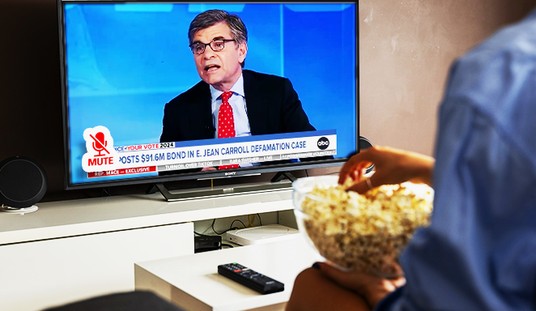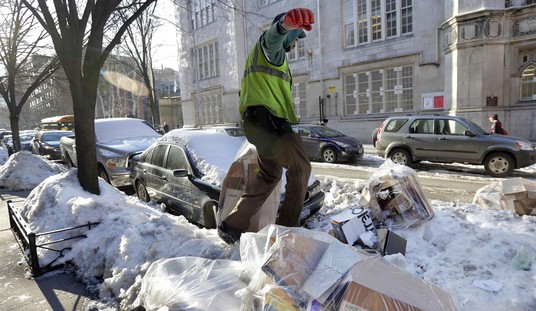Nevada Attorney General Adam Laxalt has angered many of the biggest players on the Las Vegas Strip by joining nine other state attorneys general in asking Vice President-elect Mike Pence to push for a restoration of the Interstate Wire Act, a move that could lead to a ban on online poker and other internet gambling.
Some of the biggest players in Nevada are in a huff, but not all of them. Laxalt’s hole card might carry the face of one of the kings of Vegas, a billionaire whose enterprises are among the largest in Nevada.
The Poker Players Alliance broke the story by posting the AGs’ letter on Twitter.
The attorneys general claimed that by dismantling the Interstate Wire Act, “in the dark of night on Christmas 2011,” the Department of Justice had “opened the door to expansive internet gambling and exposed states to the significant negative impacts that often accompany online gambling,” such as divorce, domestic violence, child abuse and suicide.
Along with Laxalt, the letter is co-signed by fellow Republican attorneys general Jeff Landry (Louisiana), Bill Schuette (Michigan), Douglas Peterson (Nebraska), Wayne Stenehjem (North Dakota), Scott Pruitt (Oklahoma), Alan Wilson (South Carolina), Marty Jackley (South Dakota), Ken Paxton (Texas) and Sean Reyes (Utah).
Reyes has already banned online gaming in Utah, so his name at the bottom of the letter was no surprise. Paxton, even though one of the most popular poker games is named after his state, has always opposed gambling. So his signature didn’t shock anyone, either.
But Laxalt? How could he sign this letter? Nevada has been the home of legal gambling in America for decades.
Nevada Rep. Dina Titus is angry.
The Democrat, whose district includes downtown Las Vegas, wrote to Pence and the presidential transition team. She said the attorneys general letter “contains several inaccuracies and unfair allegations.”
“For example, the letter cites a study of youth in Connecticut and their online gaming habits,” Titus wrote. “Unfortunately, the letter fails to note that online gaming is not legal in Connecticut, so any adolescent online gaming would be done by utilizing offshore or illegal internet sites.”
Nevada Gaming Control Board chairman A.G. Burnett told Ralston Reports he was “disappointed Mr. Laxalt didn’t consult with his clients on this.”
“Internet gambling in Nevada has been a complete regulatory success,” Burnett said. “We’ve had no issues with patron protection or ensuring it is done to the letter of the law.”
Mari St. Martin, a spokesman for Gov. Brian Sandoval, told various media outlets in Nevada that the governor did not support the Laxalt letter.
As surprising as it might be to anyone outside the gaming industry, Laxalt’s name on the AGs’ letter, while it might have angered many, came as no surprise to Nevada.
He spoke out against online gambling not long after winning the job of Nevada attorney general in 2014, and in favor of restoring the Wire Act.
That set up Laxalt’s first clash with Gov. Sandoval.
“I am very concerned that anyone representing the state’s legal interests would speak out against current state law in our leading industry. At its core, this is a state’s rights issue and I disagree with the Attorney General that a federal government one-size-fits-all solution is in the best interest of Nevada,” Sandoval said in a statement.
But the question remains: How could Laxalt take this position in opposition to so many of the power players in Vegas and Nevada?
Watchdog.org, a network of websites published by the Franklin Center for Government & Public Integrity, believes Laxalt has one of the biggest players in Las Vegas on his side.
Watchdog’s review of records collected by the National Institute on Money in State Politics showed Las Vegas power broker Sheldon Adelson gave at least $50,000 to Laxalt’s election campaign in 2014.
Adelson and his wife each gave $10,000. The Venetian Casino Resort, which is owned by Adelson, gave another $10,000 to the Laxalt campaign. Las Vegas Sands, founded by Adelson, chipped in another $10,000, as did another business run by Adelson, the Sands Expo & Convention Center. And Adelson’s daughter, Shelley Faye, was good for another ten grand.
Those who play online and those who make their livings off those gambling on the Web are hoping a social media outcry, along with the standard letters to Washington’s power brokers, will stop the Trump administration from supporting the Restoration of America’s Wire Act (RAWA).
The Taxpayer Protection Alliance, the Institute for Liberty, Center for Freedom and Prosperity, and the Competitive Enterprise Institute wrote a letter to Rep. John Culberson (R-Texas), the head of the House Appropriations Subcommittee on Commerce, Justice and Science.
David Williams, president of the Taxpayer Protection Alliance, said the coalition wants Culberson to stop any legislation to restore the Wire Act from moving to the House floor.
“Allowing the federal government to take away states’ ability to regulate online gaming could lead to a slippery slope of more Washington regulations,” Williams told Watchdog. “This is the exact opposite precedent that the AGs should want to establish.”
But it might be too late.
“Although the GOP did not have a plank in their platform for the 2016 General Election against online gaming (as they did in the two previous campaigns),” Earl Burton wrote in Poker News Daily, “they now have the power of both the Executive and Legislative branches, enough to force through anything they desire.”









Join the conversation as a VIP Member